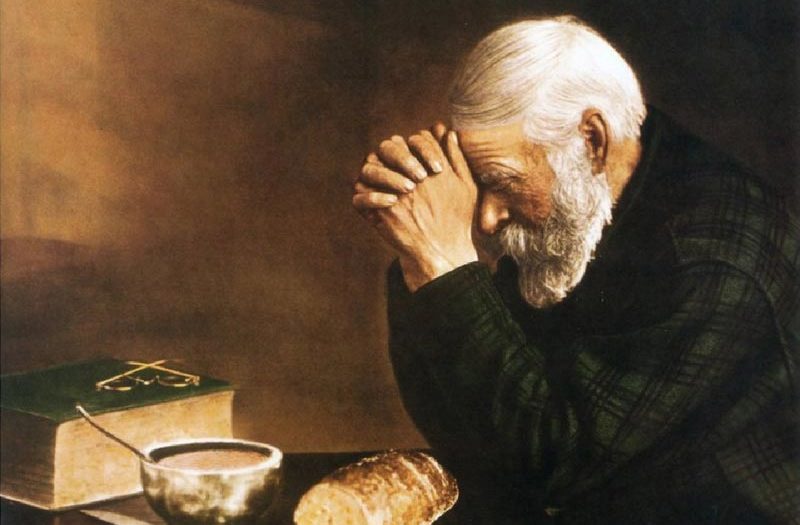What does this mean? God certainly gives daily bread to everyone without our prayers, even to all evil people, but we pray in this petition that God would lead us to realize this and to receive our daily bread with thanksgiving.
Ordinary time – that is what the time after Epiphany and after Pentecost is called in church year language. It’s the time of the daily grind. An everyday, normal, seemingly mundane time. A good time to reflect on something else that is everyday and normal: bread. If you are not part of the Banting-fraternity, bread probably makes up a good portion of your diet, as it has always done throughout the ages. That is why, when Jesus’ disciples ask Him how they should pray, bread is part of His instruction (see Luke 11 and Matthew 6). In prayer we turn to God as to our father and expect everything good from Him, also that which we need for our everyday lives – nutrition and sustenance, bread.
Thank you for reading this post, don't forget to subscribe!Luther, in his explanation of the 4th petition of the Our Father in his Small Catechism, poses the question: What is meant by daily bread? And proceeds to answer it: Daily bread includes everything that has to do with the support and needs of the body, such as food, drink, clothing, shoes, house, home, land, animals, money, goods, a devout husband or wife, devout children, devout workers, devout and faithful rulers, good government, good weather, peace, health, self-control, good reputation, good friends, faithful neighbours, and the like. For Luther, this daily bread stands for all material things we need to survive. Food yes, but today we might also add phones, cars and an alarm system. God provides, even to evil people. He knows all our needs even before we ask him. So why do we pray? Well, we pray because He told us to. As Luther shows, praying exercises our faith. It teaches us to look up to God, expect everything good from Him and consciously receive what He is giving us with thanksgiving.
Here the “Banters” might be on to something. In our daily grind, we might end up wolfing down our food without much thought about where it comes from and what it does to us and to the rest of God’s creation. Praying together at mealtimes is a good opportunity to counter this thoughtless consuming. It also points us to another truth: eating mostly has to do with community. It does not say “my bread,” but “our bread.” During a recent bread-baking course at our congregation we heard that until about fifty years ago, the women in many German towns would come together twice a month to bake their bread in a communal oven which had been fired with wood for half a day. For them bread also meant community.
That brings me to my last point, which I want to introduce with a tongue-in-cheek prayer attributed to a hostel kid: “Dear God, bless this food and forgive the hands which prepared it.” Although hostel children are notoriously ungrateful, there is a grain of truth to the joke. In Matthew 4:4 Jesus quotes Deuteronomy 8:3 against the devil: “Man shall not live by bread alone, but by every word that comes from the mouth of God.” The fourth petition is followed by the fifth: “and forgive us our sins, as we forgive those who sin against us.” God is not stingy. He is generous. He not only provides us with our daily bread, but in His church, He also daily and richly forgives all our sins and the sins of all believers (Small Catechism, 3rd Article of the Creed). For that He likes to use the most basic, everyday ingredients – bread and wine – adds His Word to the mix and voilà, He meets our daily human needs: our need for forgiveness, our need for identity and our need for community, with Him and with each other. Not much remains to be done except to rejoice, to marvel at God’s generosity and thank Him for it. Our Father in heaven, who is not ashamed to enter into our mundane and ordinary lives, providing us with all we need.
Amen.


